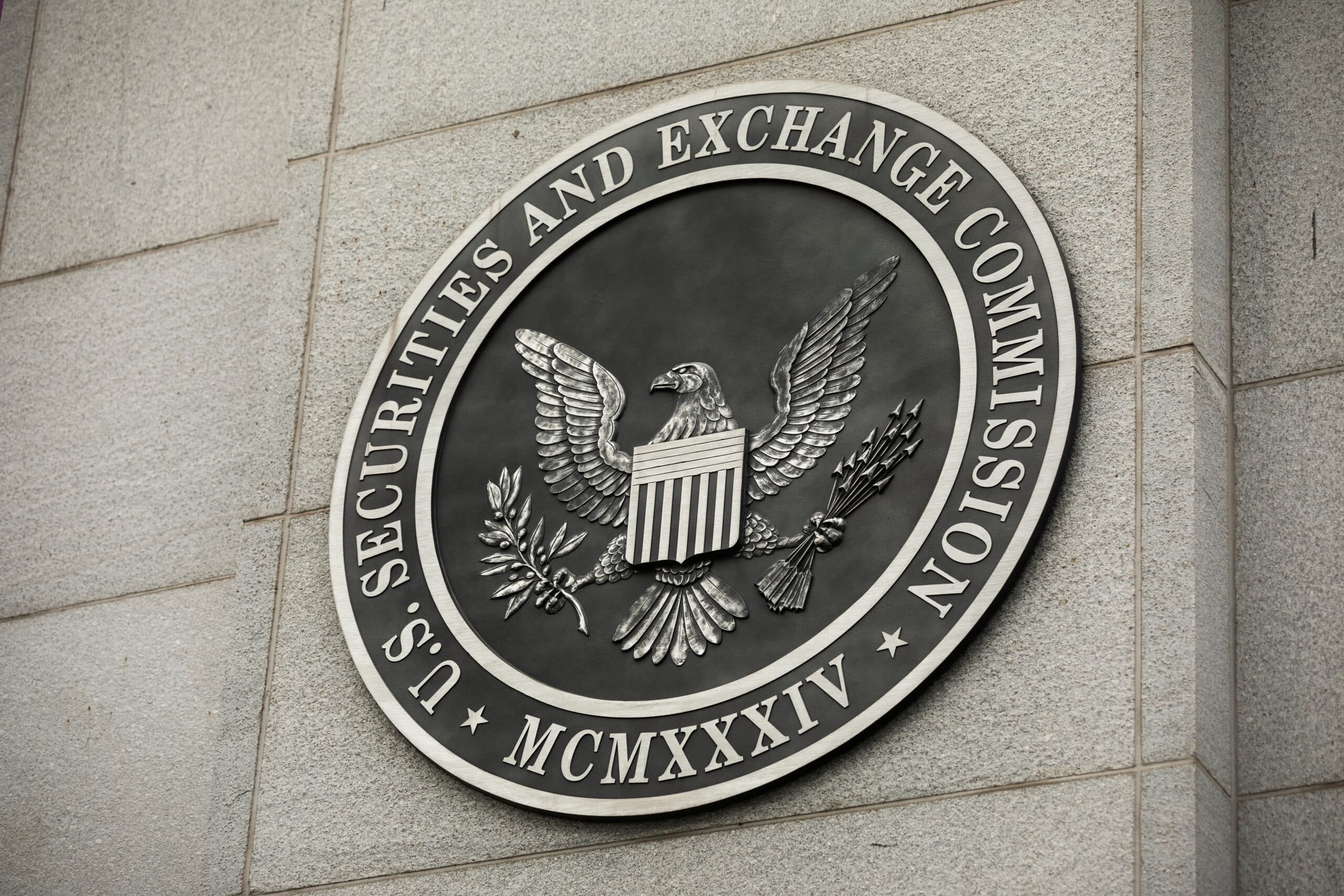
The U.S. Securities and Exchange Commission admitted to embarrassing errors and ordered mandatory training of its staff on the “importance of candor” but said it had not acted in bad faith against crypto firm Debt Box.

The SEC admitted to embarrassing errors in a crypto fraud case but argued the court should not impose sanctions against it.
(Shutterstock)
Posted December 22, 2023 at 7:19 pm EST.
The U.S. Securities and Exchange Commission (SEC) apologized to a federal court on Dec. 21 for serious errors in a crypto fraud case as it urged the court not to issue sanctions against it.
In a response to an order to show cause from the U.S. District Court for the District of Utah, Northern Division, the SEC wrote that it “deeply regrets” that inferences were represented as facts when it sought emergency measures, including a temporary restraining order, asset freeze and appointment of a receiver against crypto firm Digital Licensing Inc., AKA Debt Box, in July. But it argued that it had not acted in bad faith and its inferences were not unreasonable given the facts, and therefore undoing the emergency measures were sufficient.
The SEC has charged Debt Box with misrepresenting its investments and defrauding thousands of investors of $49 million. The Commission sought emergency measures to stop Debt Box from moving its operations to Abu Dhabi, but supported its request with erroneous assertions, among them that the firm had closed 33 bank accounts within the prior 48 hours when no accounts were closed that month. The court granted the emergency measures on July 28, and rescinded them two days later when the errors came to light.
According to court documents, Debt Box sold “node software licenses” that allowed investors to mine various types of crypto asset tokens. The SEC said that the company misrepresented to investors that its crypto assets were “backed by real-world businesses.”
In addition to its apology to the court, the SEC had to tell the court how long it knew about the errors before reporting them, assign new staff to the case and order “mandatory training for all staff involved in investigations and litigation … on the importance of accuracy and candor and the duty to correct inaccuracies when identified.”







